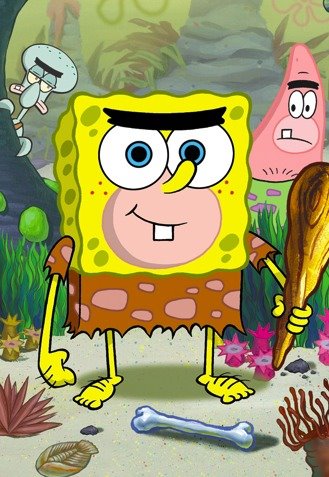"Hello students. My name is Harriet Tubman, and I'm an African-American, just like you guys. I know what you've all been through. I've seen all the cruelty and discrimination in this world like you have. I've been discriminated against, and wished I was something more beautiful than who I am before too.
I'm here to talk to you guys and tell you not to think that anymore. If you've ever been discriminated against, look passed it. There are so many people out there who try to put us down because of what we look like, and how we're "different". Well to be honest, we aren't as different as they say we are. We've achieved a lot of the same stuff, possibly even more stuff.
There are many sports athletes, inventors, speakers, writers, and more that have been African-American who have achieved so much in the past and present. When someone is putting you down, you shouldn't give in and give up. You have to think about what's fair to you as an individual and remember that we're all the same, no matter what "color" we are. We've all achieved the same things, some better than others, but we've all achieved something and made a difference. We shouldn't be labeled on who we are, but what we do as a person.
The next time someone puts you down, remember this. You aren't different, they are. They're the cruel ones, and they're the ones trying to make things different for us. We're the change we need to see in the world someday, and one day, things will be different. You just need to have hope, and believe that you can make a difference."
